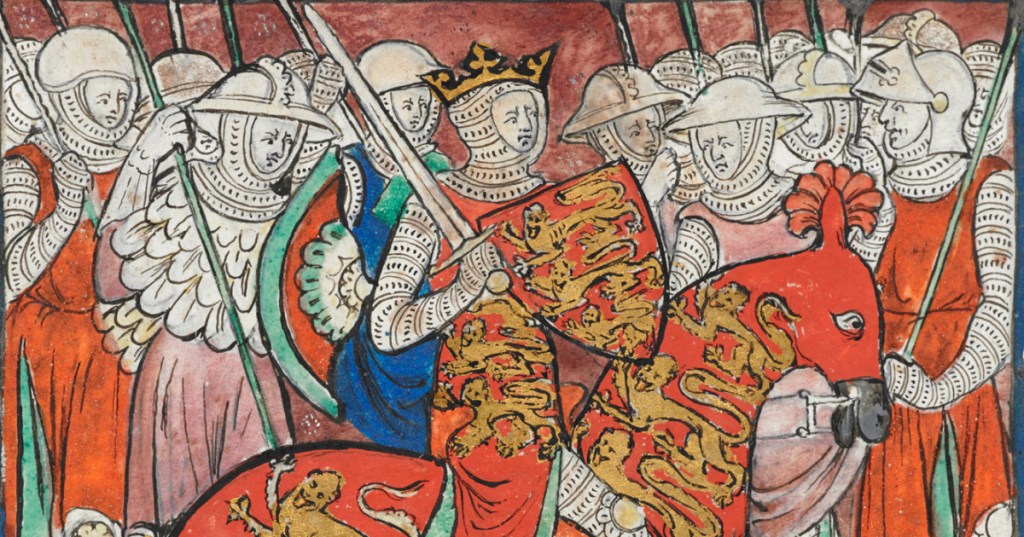For our inaugural entry, let’s look at a super trendy word to throw around since the October 2023 surprise attack by Hamas on Israel: ANTISEMITIC.
“Anti” is easy; it means “against” or “opposed to.” No controversy there.
“Semitic,” however, in modern times has come to mean “Jewish people.”
As you might expect from the name of this blog, this common/popular usage is incorrect, so let’s get to the bottom of what “antisemitic” actually means.
“Semitic” refers to a language group—not a religion. Semitic languages trace their history back to an ancient base language in what we refer to as the Middle East. (The ME is, geographically speaking, nearly entirely the southwestern part of Asia. Egypt is in Africa and Turkey is in both Asia and Europe.) The word “semite” (the root of “semitic”) is derived from the ancient Greek word “Shem,” meaning “son of Noah.” I’m sure you’ve heard of him.
The ancient Semitic languages that spread across north Africa and southwestern Asia were similar eons ago, but have diverged linguistically in the many thousands of years since their inception. Modern Semitic languages include Arabic, Amharic and Hebrew. Amharic is spoken primarily in Ethiopia.
When you use the word “antisemitic,” you are not truly referring to a hatred of people who adhere to the religion of Judaism; you are in fact referring to bigotry, speech or behavior which targets the people who speak any of these three languages or their offshoots/dialects.
Therefore, according to the actual etymology of the word, if you are “antisemitic,” you hate not only the people of Israel, but all the Arabic-speaking folks in the Middle East as well as the Amharas in Ethiopia and surrounding regions.
In modern topical terms, “antisemitic” encompasses both Israelis and Palestinians.
Based on her usage, which clearly limits the term antisemitic to mean hating only Jewish people, Representative Elise Stefanik (R-NY) doesn’t know that. I’d bet the university presidents she attacked—Liz Magill (now formerly) of U Penn, Claudine Gay of Harvard and Sally Kurnbluth of MIT—don’t know that. Let’s face it—YOU didn’t know that until just now. You (and they) were just merrily floating along thinking “antisemitic” just means hating Jewish people, content to continue misusing the word like millions of others have been doing for years.
Even the Anti-Defamation League (ADL), a leading opponent of anti-Jewish sentiment, defines it as “belief or behavior hostile toward Jews.” This is taken, as we know, to be its common meaning, and the term has a lot of precedent behind it despite its inaccurate usage since the first usage of “anti-Semitism” by Wilhelm Marr in 1879. (Marr, a German, used the term to collate a number of anti-Jewish practices in central Europe at the time.) Its use as a racist term came about largely due to flawed and biased scientific studies conducted during the 19th century. Looking back through Europe’s, there is a long history of anti-Jewish behavior and policies, going back centuries if not millenia.
Having said all that, the actual meaning of the word antisemitic has no religious connotations, merely linguistic ones.
To recap:
*** Antisemitic, modern usage: The hatred of or opposition to people who practice Judaism.
*** Antisemitic, actual meaning: The hatred of or opposition to any person who speaks one of the Semitic languages (Arabic, Amharic or Hebrew) or any of their derivatives or dialects.
The next time you accuse somebody of being antisemitic, take a moment and think about what you really mean and what you’re really trying to say. Be precise in your word choices.
It matters…because WORDS MEAN THINGS.



Leave a comment